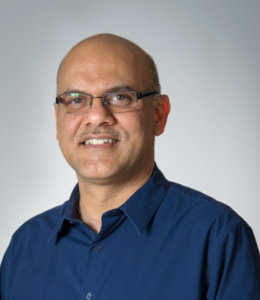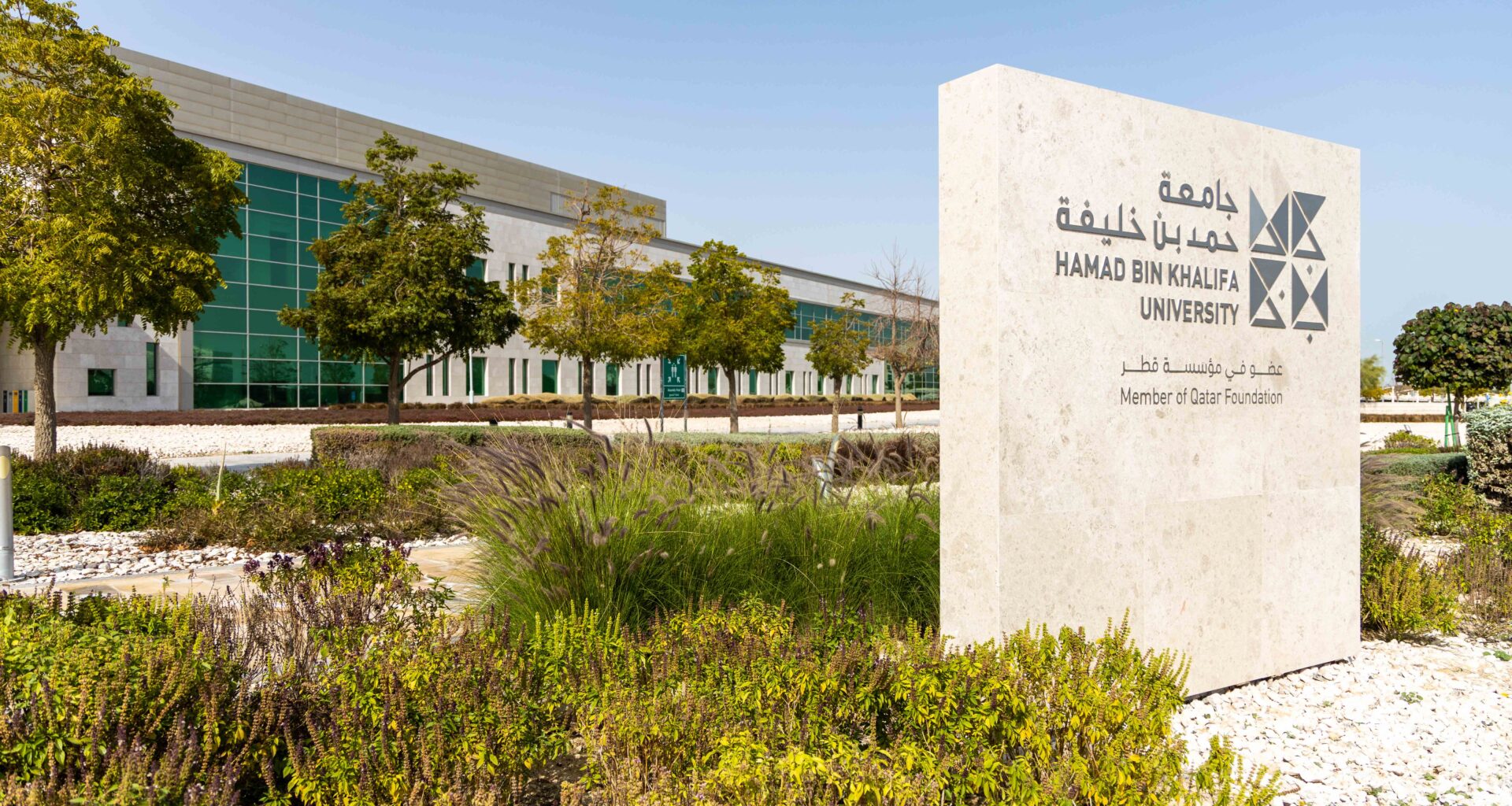
In the heart of Doha, a revolution in computing is quietly unfolding, one that promises to catapult Qatar to the forefront of the global tech stage. At the core of this monumental change is Hamad Bin Khalifa University’s (HBKU) Qatar Computing Research Institute (QCRI), an organization dedicated to tackling large-scale computing challenges that dovetail with the state’s ambitious growth and development goals. With its finger firmly on the pulse of cutting-edge research, QCRI is redefining what’s possible in artificial intelligence (AI), Arabic language technologies, and cybersecurity.
Contributing to this collective effort is Dr. Sanjay Chawla, Chief Scientist at QCRI and Head of the Qatar Center for AI. QCRI has made remarkable strides, particularly in AI and data analytics. “AI is a hot topic, and we focus on areas where we can make a tangible impact,” Chawla notes. One such area is Arabic language technology, a cornerstone of QCRI’s mission since its inception. Given that Arabic, spoken by 5% of the world’s population and serving as the liturgical language for two billion Muslims, represents only 0.5% of web content, the stakes are high.
Chawla’s team addresses the unique challenges posed by Arabic’s linguistic diversity, from Modern Standard Arabic to its myriad regional dialects. The goal is nothing short of revolutionary: developing AI tools capable of understanding and responding in these dialects, thus bridging a critical gap in global AI capabilities. This endeavor has led to practical applications, including a startup that uses QCRI’s technology for legal, medical, and governmental translations and speech recognition, underscoring the real-world impact of its work.
“We’re bridging gaps with AI, from humanitarian relief to Arabic language mastery.”
Dr. Sanjay Chawla, Chief Scientist, QCRI
Beyond linguistic endeavors, QCRI’s humanitarian AI initiatives exemplify how technology can serve the greater good. Chawla recounts how, following earthquakes in Turkey and Syria, and floods in Pakistan, QCRI deployed AI to analyze social media posts, identifying urgent needs such as shelter, food, and medicine. This data, shared with the United Nations, helped streamline disaster response efforts. Moreover, QCRI’s AI models can assess damage intensity from images, providing critical insights in the wake of calamities.
QCRI’s vision aligns seamlessly with Qatar’s national priorities and Vision 2030, which seek to diversify the country’s economy and foster innovation. Since drafting Qatar’s national AI strategy in 2018, QCRI has been instrumental in advancing the nation’s AI agenda. Officially released in 2019, the strategy laid the groundwork for the creation of a National AI Committee, co-chaired by QCRI’s Executive Director, Ahmed K. Elmagarmid. The committee’s work underscores a commitment to AI augmentation, focusing on enhancing rather than replacing jobs, and emphasizing ethical AI governance.

The institute’s collaborations extend globally, notably with Boeing. Over a decade-long partnership, QCRI has hosted an annual symposium drawing leading AI researchers from around the world. One innovative project involves using AI to detect small moving objects on airfields, a technology Boeing plans to integrate into its products. Leveraging QCRI’s expertise in computer vision, this initiative exemplifies the institute’s broad impact across diverse sectors.
Chawla’s enthusiasm for his work is palpable. “The best part is always learning and gaining new information,” he says. This passion is mirrored in QCRI’s diverse projects, from healthcare collaborations like the Qatar Genome Project, which uses bioinformatics to analyze local genetic data, to educational initiatives that develop personalized tools for students to learn Arabic.
Yet, Chawla remains acutely aware of the ethical and practical challenges inherent in AI. He advocates for a balanced approach, where AI augments human capabilities rather than displacing workers. This perspective is crucial in sectors like healthcare, where AI can assist with initial diagnoses but must navigate complex ethical landscapes.
In Qatar, the confluence of robust support from Qatar Foundation and government departments, access to state-of-the-art hardware, and a rigorous peer review environment creates a fertile ground for innovation. Projects like Fanar, an Arabic-centric large language model with dialectal support tailored for cultural and religious sensitivity, highlight QCRI’s commitment to pushing boundaries while respecting local contexts.
As AI continues to evolve at a breathtaking pace, QCRI stands at the vanguard, poised to transform both the Middle Eastern and global landscapes. For young innovators looking to make their mark, Chawla’s advice is clear: pursue your passions and stay agile in the face of rapid technological shifts. With visionary entities like QCRI leading the charge, Qatar’s computing future looks not just bright, but luminous.









